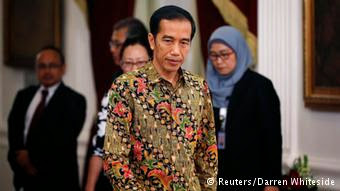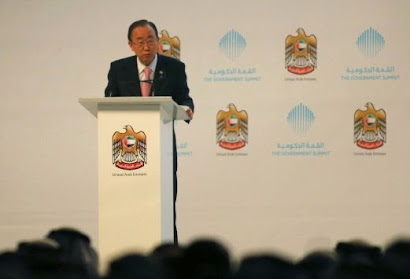Related
News
- Bali exporting wooden shrines to Japan
- Umar Patek made to reenact his role in Bali bombings
- No significant flights delay by Bali quake
- BMKG records 10 Bali quake aftershocks
- Communications network back to normal after Bali quake
Gianyar,
Bali (ANTARA News) - Bali has spiritual tourism potentials that should be more
seriously developed by the government, local community members said.
Apart from
conventional vacationers, Bali was now already often visited by American and
European tourists who meditate at its temples to seek spiritual peace or
fulfilment, they noted.
"With
its temples held sacred by the Hindu population and its many centers of
artistic and cultural activity, Bali has all the makings to become a spiritual
tourism destination," I Wayan Aksara, marketing manager of Puri Ageng
Blahbatuh, said here on Tuesday.
Wayan, who
is also an artist, hoped the government would become aware of and seriously
develop Bali`s spiriitual tourism potentials.
"Spritual
tourism development, of course, must be done with due respect for the rules in
each region and avoid violating the essence of religious activities at
temples," Wayan said.
A member of
the Gianyar Legislative Council, Dewa Anom Astawa, said he hoped many parties
would be involved in the efforts to develop Bali`s e spiritual tourism
potentials.
"Local
spiritual leaders should also take part in these efforts because they know the
essence of spiritual activities," Anom Astawa said.
Spiritual
tourism, according to Anom Astawa, was not only for r foreigners but also for
Indonesians because they too needed opportunities to reinvigorate or revitalize
their spirit.
"Therefore,
the infrastructure of spiritual tourism needs to be packaged in efficient but
attractive ways so it will really help to bring peace, not problems, to the
tourists" Anom Astawa added.
Anom said
Balinese people had for a long time wanted to see spiritual tourism being
developed on their island but they realized it would take time.
Meanwhile,
according to Bali`s statistics bureau, as many as 49,989 US tourists visited
Bali in the January-July 2011 period or up 25.58 percent compared with the
number in the same period last year which was recorded at only 39,806
A total of
78,082 French tourists visited Bali in the January- August period in 2011, or
up 6.92 percent from 73,027 in the same period last year. Tourist arrivals from
Britain rose 7.67 percent from 62,358 to 67,143.
Meanwhile,
the number of tourist arrivals from Germany fell 1.31 percent to 53,696 from
54,410.
Editor: B Kunto Wibisono
Related Article:


















